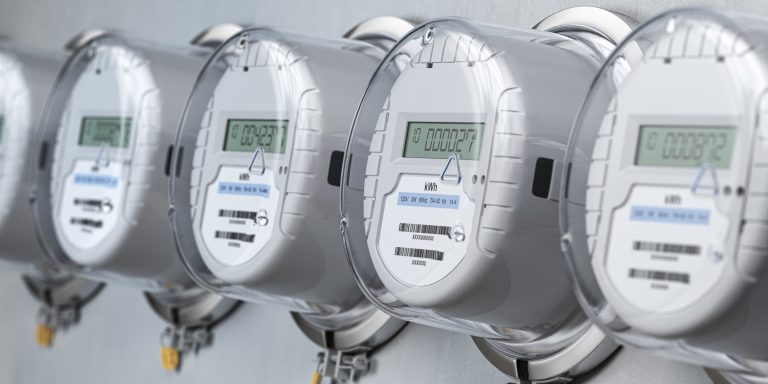Many governments across the globe are starting to invest heavily in artificial intelligence because of the many benefits this technology provides. For example, AI has the potential to completely revolutionise public services and reduce costs by fully automating routine tasks and performing them much quicker than humans. In other words, thanks to AI-powered tools, systems, products, and services, public services become quicker and far more efficient. Let’s dive straight in to discover some of the other main reasons why the UK government is keen to improve investment in the AI sector. Why does the UK believe that more investment is needed in the AI sector? The UK government has decided that investing heavily in the development of artificial intelligence systems will not only help improve the delivery of public services across government, but also it will help the economy grow when the technology is applied to various key sectors, all while reducing costs. The UK’s AIAP (Artificial Intelligence Action Plan) is a pioneering initiative that’s expected to drive £47 billion to boost the economy. It’s also expected to boost productivity by up to 1.50% each year, and the key sectors that will benefit from or completely transform include healthcare and infrastructure, as well as reduce administrative burdens for teachers. Which key sectors benefit from AI? AI-powered tools and systems are also greatly benefiting and improving the following key sectors: Which other key sectors will also benefit from AI? Artificial intelligence can also be used in the education sector to provide students with personalised learning experiences and individualised support. Plus, it can help teachers and lecturers plan out their lessons and monitor students’ academic progress. In the cybersecurity sector, AI is helping to safeguard users in many ways by detecting and preventing cyber attacks and other digital threats, and in the digital entertainment and media sector, AI-powered tools can monitor/analyse audience/user behaviour to improve their services and provide more personalised/tailored experiences. What are the biggest AI companies in the United Kingdom? The United Kingdom is home to numerous AI companies, and some of the most notable ones that you may already be familiar with by now are DeepMind (acquired by Google), Wayve, Graphcore, Synthesia, Darktrace, Quantexa, Multiverse, and Lendable. Others include DataToBiz, OneTrust, AlphaSense, Klaviyo, Pixelette Technologies, and Stability AI, to name just a few. These companies specialise in a range of AI products and services that can help businesses grow by enabling them to make more strategic business decisions. Some specialise in creating AI-powered autonomous driving technology, video synthesis technology, and data management, and others specialise in developing Intelligence Processing Units (IPUs), stable diffusion image-generating software, marketing automation platforms, and so much more. Final thoughts To ensure the UK doesn’t fall behind its rivals, the government must continue to support startup AI companies via research and development, initiatives, continued investment, and education. Using AI to bolster the UK economy will eventually provide jobs for the future and lead to a safer, more efficient, highly functioning society in which people can live.









